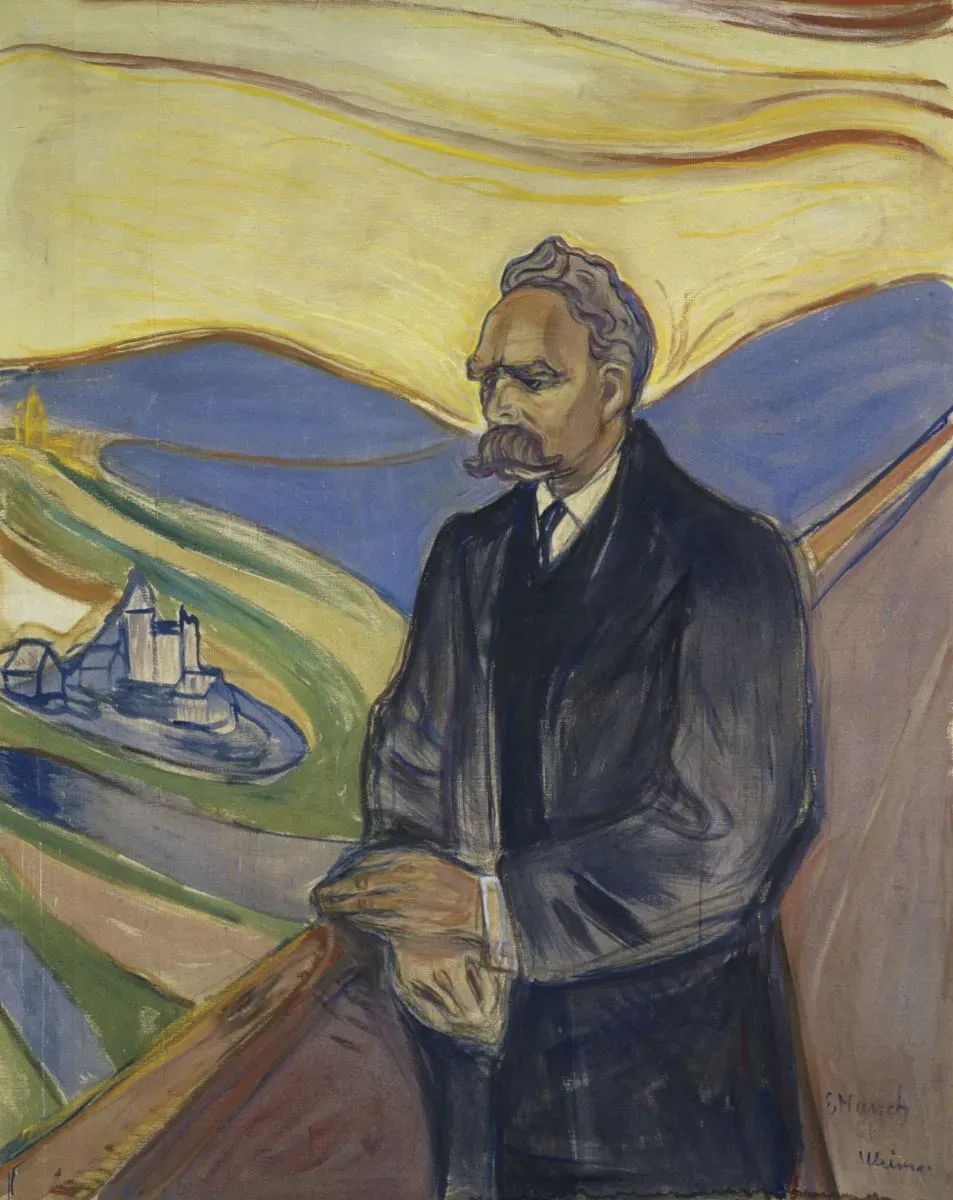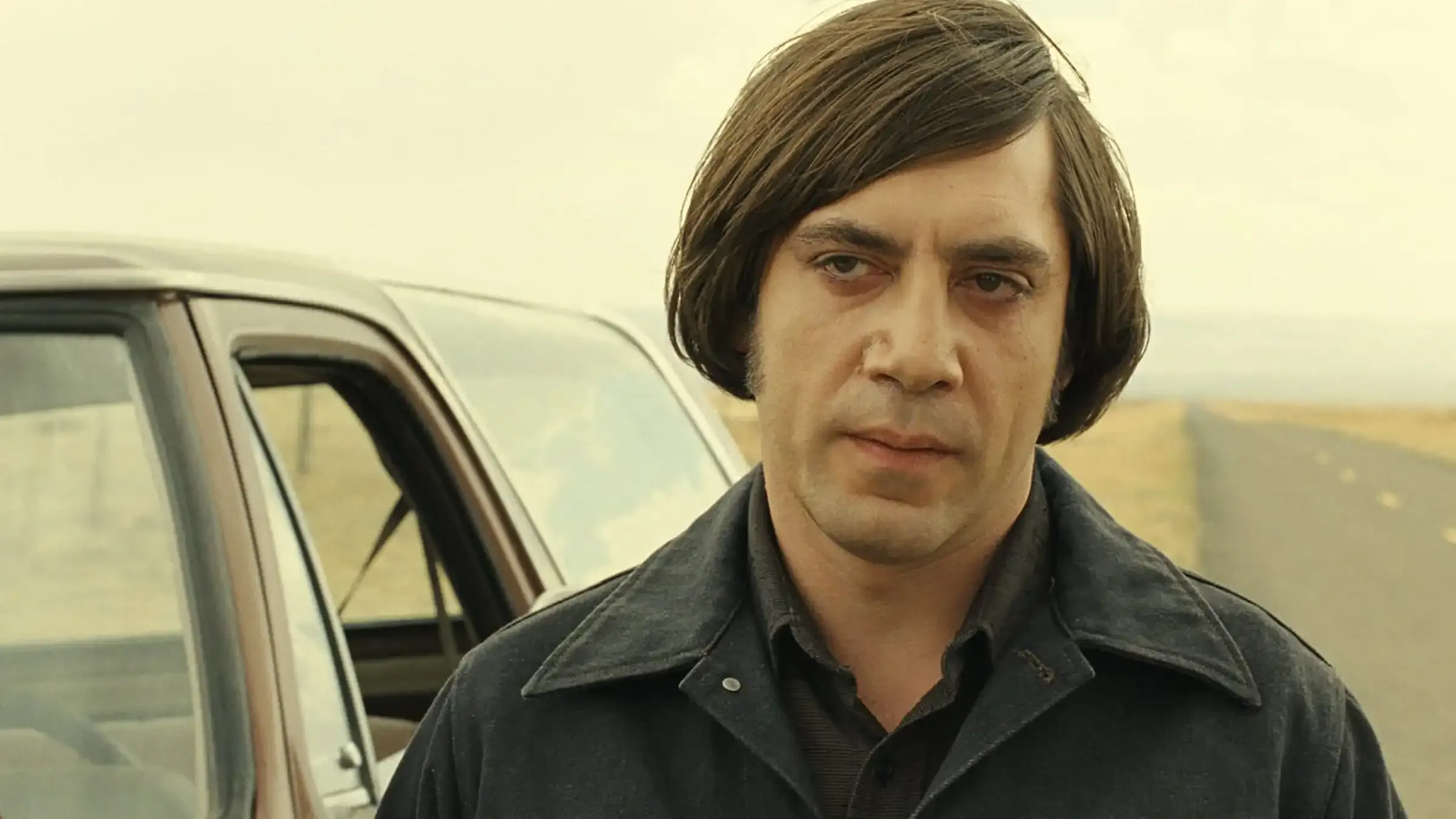How this came to be
Recently, I found myself sitting on the couch, Roku remote in hand, and IMDB open on my phone. After way too much contemplation, I decided to watch No Country for Old Men (2007).
I’m a fan of the Coen brothers, so I was pretty excited to see this movie. I was completely unprepared for the philosophical masterpiece I was about to witness. For those who don’t want spoilers, this is the point where you stop reading and start watching.
Just one more warning, after re-reading this blog post, it reads more like a mess of thumb tacked ideas connected by red string rather than anything even coming close to coherent; so without further ado, let’s get right into it.
Nietzsche’s Overman
 Nietzsche by Edvard Munch
Nietzsche by Edvard Munch
“The overman…Who has organized the chaos of his passions, given style to his character, and become creative. Aware of life’s terrors, he affirms life without resentment.” —Nietzsche
Nietzsche was a pretty smart guy. After reading (the sparknotes of) Nietzsche’s 1883 book Thus Spoke Zarathustra, and after completing my PhD in Philosophy from Wikipedia University, I started to just barely understand what Nietzsche’s overman is.
To Nietzsche, it was your own job to declare your morals. Instead of defining them against something else such as religion, he says the overman is able to define morals but still live without resentment.
“You have your way. I have my way. As for the right way, the correct way, and the only way, it does not exist.” —Nietzsche
Where Does it Tie in?
For those who’ve recently seen No Country for Old Men, the connection might be forming in your head already. Anton Chigurh is a hegelian example of the overman.
During the scene in the hospital, Carson Wells explains Chigurh’s way of life to Llewelyn Moss:
“You could even say that he has principles. Principles that transcend money or drugs or anything like that. He’s not like you. He’s not even like me.” —The Coen Brothers
 Chigurh about to shoot Wells
Chigurh about to shoot Wells
Chigurh doesn’t seem to feel morality around his killings, nor any aversion to them. He has defined his morality in a way that aligns with his goals.
